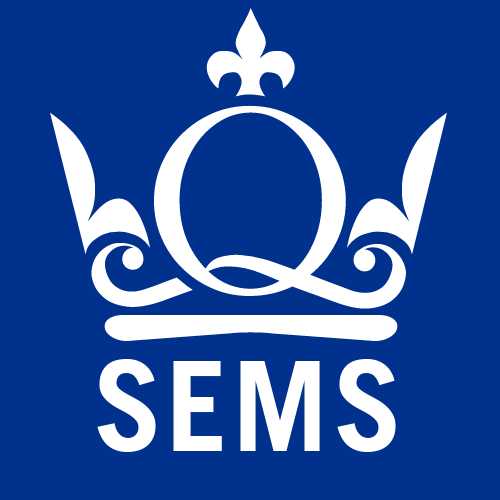PhD Research Studentships
Multiscale modelling of lithium-ion batteries towards advanced material design and manufacturing
| Supervisor: | Xuekun LU |
| Apply by: | 31 January 2024 |
| Start in: | April (Semester 3) |
Description
Due to the expansion of lithium-ion battery usage into automotive, aerospace, and military sectors, there is ever-increasing demand for higher energy and power density to make the electronic gadgets and power systems slimmer, lighter, charge faster and last longer. However, the widespread, large-scale utilisation of lithium-ion batteries across various applications is hindered by technical difficulties, such as the opposing design strategies of high energy vs. high power cell, fast degradation, and safety concerns such as thermal runaway.
In this PhD project, the successful candidate will undertake a project to develop a high fidelity multiscale multiphysics microstructure-resolved battery modelling framework to elucidate the interplay between the structural design, safety and the electrochemical performance of the battery at the particle, electrode and cell level to provide deep insights into the material design and manufacturing of advanced next-generation lithium-ion batteries and its safe operation protocol. Specifically, the structural design at the particle level to suppress chemical and mechanical degradation will be modelled. At the electrode level, the influence of microstructural heterogeneity, the strategies of electrode design to overcome the trade-off between high energy vs. high power density, and the effect of microstructural evolution and degradation on the electrochemical performance of the electrode will be studied. Spatially heterogeneous plating will be modelled to inform the fast charging. At the cell level, the dominant failure mode that triggers thermal runaway and its intra-cell propagation under various operational and abuse conditions, and how the failure mode changes with structural heterogeneities and aging/degradation subject to long term cycling will be investigated. The battery model will be validated against the state-of-the-art operando experiment from 2D to 4D in collaboration with other members in the group.
This PhD project is therefore an exciting opportunity to develop the state-of-the-art modelling skills and commit to the net zero roadmap of the UK. The successful candidate will have the opportunity to work with a team with wide expertise in material design, manufacturing, material characterisation, multiscale imaging, tomography and modelling.
Applications are invited from outstanding candidates with or expecting to receive a first or upper-second class honours bachelor’s degree in Materials Science, Physics, Chemistry, or related subjects. Experience or knowledge of mechanical, electrochemical modelling would be desirable. A master’s degree in a relevant subject is also desirable.
Our PhD students become part of Queen Mary’s Doctoral College, which provides training and development opportunities, advice on funding, and financial research support. Our students also have access to a Researcher Development Programme designed to help recognise and develop the skills and attributes needed to manage research and to prepare and plan for the next stages of their career.

Funding
Funded by: SEMSThis studentship arrangement covers home tuition fees and provide an annual stipend for up to three years (currently set at the 2023/24 stipend rate of £20,622 pa)
Note that the studentships covers home-rated tuition fees only (See: www.welfare.qmul.ac.uk/money/feestatus/ for details)
Overseas applicants would be required to meet the difference between home and international tuition fees
Eligibility
- The minimum requirement for this studentship opportunity is a good honours degree (minimum 2(i) honours or equivalent) or MSc/MRes in a relevant discipline.
- If English is not your first language, you will require a valid English certificate equivalent to IELTS 6.5+ overall with a minimum score of minimum score of 6.0 in each of Writing, Listening, Reading and Speaking).
- Candidates are expected to start in April (Semester 3).
Contact
For informal enquiries about this opportunity, please contact Xuekun LU.
Apply
Start an application for this studentship and for entry onto the PhD Chemical Engineering full-time programme (Semester 3 / April start):
Please be sure to quote the reference "SEMS-PHD-530" to associate your application with this studentship opportunity.
| Related website: | https://summertree090909.wixsite.com/xuekunlu | |
| SEMS Research Centre: | ||
| Keywords: | Physical Chemistry, Chemical Engineering, Energy Technologies, Solid Mechanics, Materials Science - Other, Mathematical Modelling |

